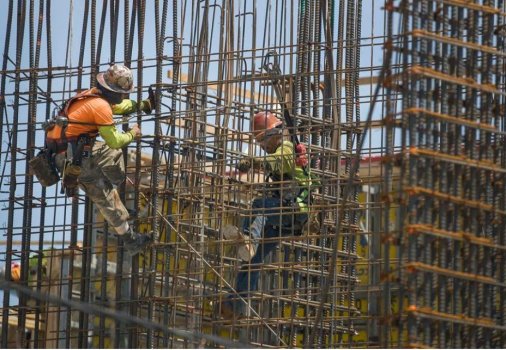In May, Procore Technologies launched its IPO and the shares jumped by 31%. The company, which operates a leading cloud-based platform to manage construction projects, has over 800 customers and the ARR (Annual Recurring Revenue) is more than $400 million.
But if you look at the S-1 filing, there are some interesting details about the construction industry. For example, the investment in technologies has generally lagged (this is based on research from McKinsey) and the levels are only more than for agriculture and hunting.
“The construction industry has historically been comprised of fragmented project teams which used complex work processes that were executed in siloed systems,” said Karthik Venkatasubramanian, who is the Global Vice President of Data Strategy and Development at Oracle Construction and Engineering. “Given the hands-on nature of construction work, the industry has traditionally relied on human experience and expertise to complete projects, and the potential benefits of adopting technologies were often overshadowed.”
Yet things are starting to change. One of the biggest catalysts has been the impact of the COVID-19 pandemic, which has meant much more urgency for adopting digital solutions.
“Venture capital investment continues to flow into the space,” said Lauren Weston, who is an associate at Thomvest Ventures.
But COVID-19 is just one of the factors. Some of the others include the increase in infrastructure investments from governments, the chronic labor shortages, the need for sustainable solutions, and supply-chain disruptions.
Continue reading: https://www.forbes.com/sites/tomtaulli/2021/09/29/ai-artificial-intelligence-poised-to-transform-the-massive-construction-industry/?sh=44bef8f91eba
But if you look at the S-1 filing, there are some interesting details about the construction industry. For example, the investment in technologies has generally lagged (this is based on research from McKinsey) and the levels are only more than for agriculture and hunting.
“The construction industry has historically been comprised of fragmented project teams which used complex work processes that were executed in siloed systems,” said Karthik Venkatasubramanian, who is the Global Vice President of Data Strategy and Development at Oracle Construction and Engineering. “Given the hands-on nature of construction work, the industry has traditionally relied on human experience and expertise to complete projects, and the potential benefits of adopting technologies were often overshadowed.”
Yet things are starting to change. One of the biggest catalysts has been the impact of the COVID-19 pandemic, which has meant much more urgency for adopting digital solutions.
“Venture capital investment continues to flow into the space,” said Lauren Weston, who is an associate at Thomvest Ventures.
But COVID-19 is just one of the factors. Some of the others include the increase in infrastructure investments from governments, the chronic labor shortages, the need for sustainable solutions, and supply-chain disruptions.
Continue reading: https://www.forbes.com/sites/tomtaulli/2021/09/29/ai-artificial-intelligence-poised-to-transform-the-massive-construction-industry/?sh=44bef8f91eba

